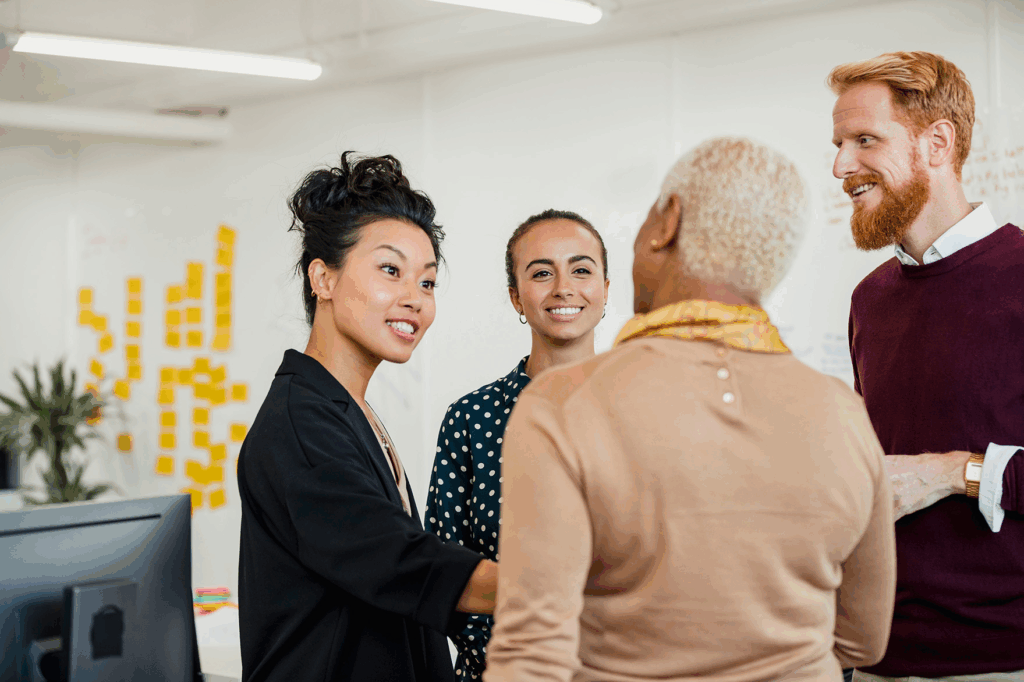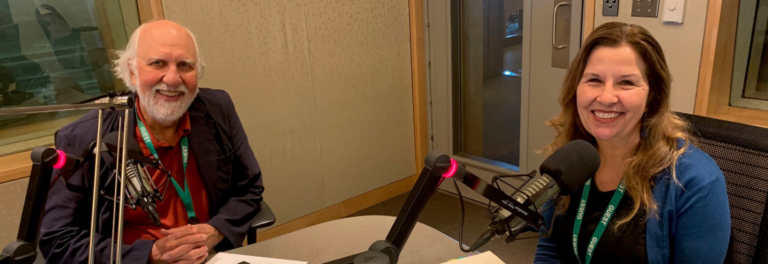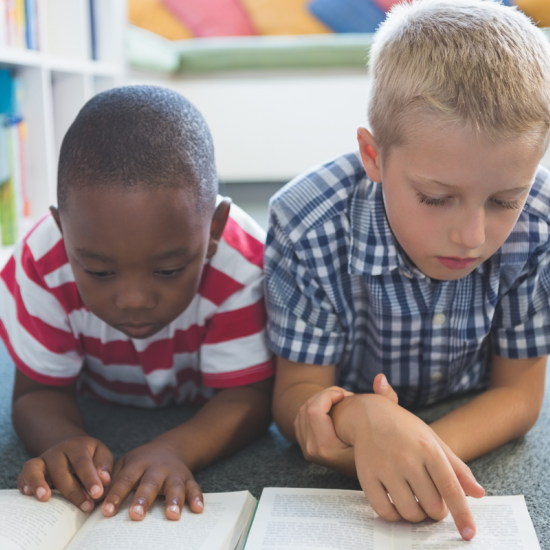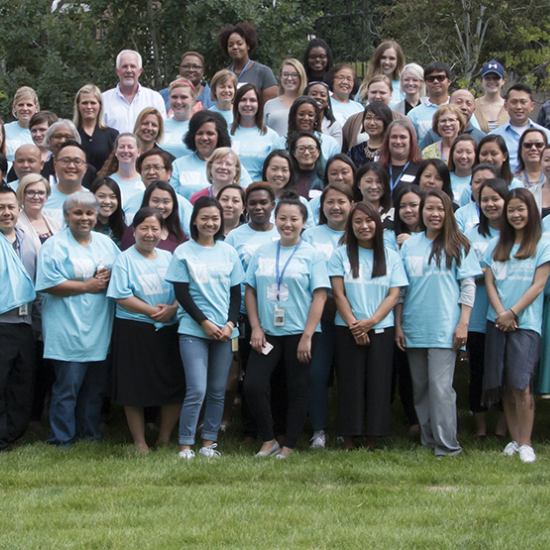Minnesota’s late Senator Paul Wellstone used to say, “We all do better when we all do better!” Here at Wilder Research we work to ensure that “we all do better” by conducting research to better understand how to promote equity and well-being for all people.
I recently was part of the research team to learn more about the growing and diverse immigrant and refugee communities living in the Twin Cities. The study, Speaking for Ourselves, asks five different immigrant communities in the Twin Cities what issues are important to them. Wilder Research held an Action Summit in April 2016 with the goal of sharing innovative strategies to address the issues participants identified in the study. Panelists from organizations and government agencies shared their work related to the findings and outlined steps their organizations are taking. I’ve summarized below a few of the issues and corresponding action steps.
Finding: Nearly one-third of participants said lack of interpreters was a barrier to health care access.
Hennepin County Public Health recently received a grant from the Minnesota Department of Health that provided them with the resources to hire a Somali Community Health Worker (CHW). This position has been critical to improving Hennepin County’s ability to follow-up with Somali families to ensure that they connect with a primary care clinic, and continue to stay connected. The CHW’s role is to identify resources, engage clients, and provide follow-up to families. Hennepin County hopes that this addition will improve the health of their clients.
Finding: Main challenges to getting a job are language barriers and lack of education.
EMERGE, located in Cedar Riverside and North Minneapolis, is an organization that offers services related to employment, job training, financial services, and housing. EMERGE is in the process of developing a 12-hour course spanning 4-6 weeks that focuses on teaching English language needed for employment. The course will not target a particular industry or focus on learning conversational English, but will emphasize general employment vocabulary and language, as well as language to better prepare immigrants and refugees as they job search, apply, and interview for positions outside of their native language community.
Finding: Participants are much more likely to participate in informal volunteering than formal volunteering through an organization or program.
One in five Speaking for Ourselves participants said they volunteer formally, but very few said it was due to lack of interest. Nearly three in four respondents volunteer informally (e.g., neighbor’s yard work, errands for elders, child care for friends). Data from Minnesota Compass echoes these findings: 65 percent of foreign-born Minnesotans helped those they know through informal connections, like a neighbor, in the past year. The Minnesota Historical Society (MNHS) is exploring informal volunteer opportunities that align more with these community members’ typical practices, in order to increase their outreach and communication to immigrant and refugee communities. MNHS hopes that an increase in visitation from the Hmong community with their exhibit “We Are Hmong Minnesota” will aid their volunteer recruitment strategies in that community. MNHS is currently partnering with organizations like the Somali Museum of Minnesota to learn how to better engage the Somali community.
For more information about what organizations in the Twin Cities are doing to meet the needs of immigrants and refugees, read Ideas at Work: Addressing Needs and Assets in Immigrant and Refugee Communities. Read all of the fact sheets and reports from the Speaking for Ourselves study.




